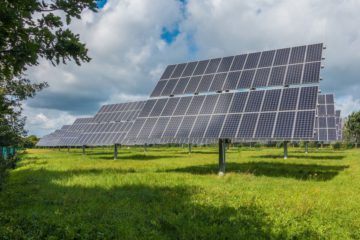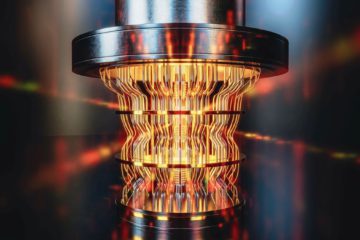Nuclear fission is the process of splitting the nucleus of an atom into two or more smaller nuclei, along with the release of a large amount of energy. This energy is released in the form of heat and light, as well as other forms of radiation. The process is the basis of nuclear power generation, and has also been used in nuclear weapons.
The most common type of nuclear fission is the fission of uranium-235, which is a naturally occurring isotope of uranium. When a neutron collides with a uranium-235 nucleus, the nucleus splits into two smaller nuclei, called fission products, and releases two or three additional neutrons. These released neutrons can then go on to collide with other uranium-235 nuclei, causing a chain reaction.
The chain reaction is what makes nuclear fission useful as a source of energy. In a nuclear power plant, the heat generated by the fission reactions is used to produce steam, which in turn drives turbines to generate electricity. Nuclear power plants are able to generate large amounts of electricity with very little pollution, making them a clean and efficient form of energy.
However, there are also risks associated with nuclear fission. One of the main risks is the release of radioactive material, which can be harmful to both people and the environment. The release of radioactive material can occur in the event of a nuclear accident, such as the ones that occurred at the Fukushima Daiichi Nuclear Power Plant in Japan in 2011 and the Chernobyl Nuclear Power Plant in Ukraine in 1986.
In order to mitigate the risks associated with nuclear fission, strict safety regulations are in place for nuclear power plants. These regulations ensure that the plants are designed and operated in such a way as to minimize the likelihood of a nuclear accident. Additionally, nuclear waste management is critical to ensure that radioactive materials are safely stored and disposed of.
In summary, nuclear fission is the process of splitting the nucleus of an atom, releasing a large amount of energy. The process is used in nuclear power plants to generate electricity, and has also been used in nuclear weapons. Nuclear fission has the advantage of being a clean and efficient form of energy, but it also has risks, such as the release of radioactive material. Strict safety regulations and proper nuclear waste management are critical to minimize these risks.




